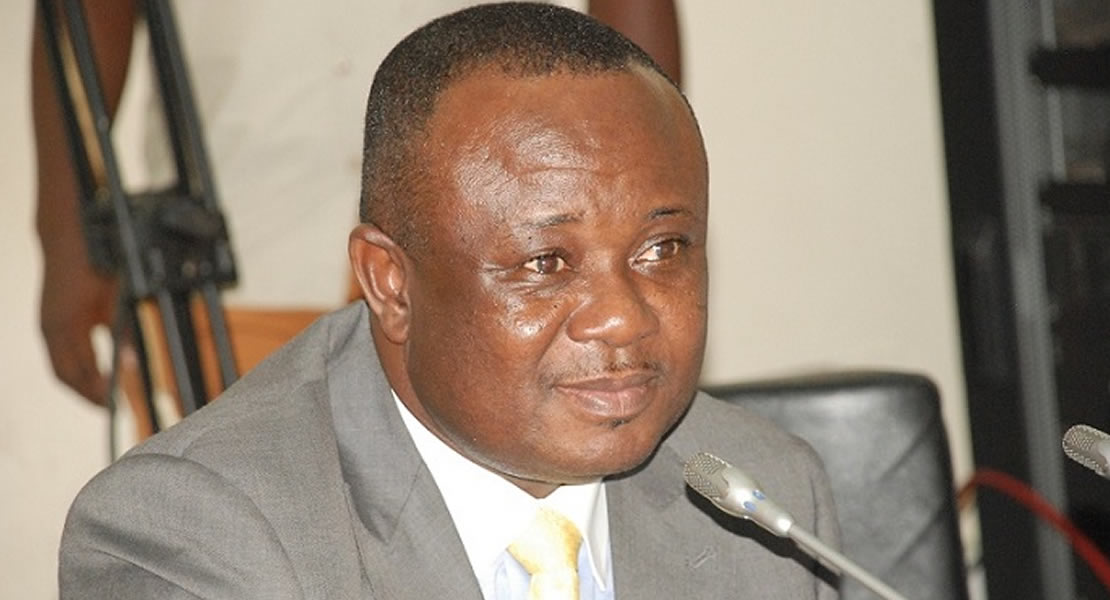
According to the first Deputy Speaker, for the past forty years there has not been increase in trade between ECOWAS member states and added that the trade is estimated between member states at eight percent and thirteen of total ECOWAS trade.
He further added that, the cost of inter-regional trade between ECOWAS countries is three times more than shipping to external regions because of poor infrastructure within the region.
Infrastructure provision and efficient service delivery can help in the structural transformation of our economies, improve country competitiveness, facilitate domestic and international trade and enhance the continents integration into the global economy, he added.
“This notwithstanding, there are challenges of mobilizing resources for financing infrastructure, many private citizens have constructed very expensive edifices in neighborhoods with no road or sanitation infrastructure left for the central or local government to fund”.
The first Deputy Speaker made these remarks at the opening of a localized meeting in Accra Ghana, on the theme, “Public-private partnership: An alternative source of funding for community programmes and projects”.
He urged the lawmakers within the sub-region to fully participate in the meeting and obtain the necessary information for the effective performance of their constitutionally mandated duties.
Also “I am aware, that most member states are not able to raise sufficient funds for development projects often creating an infrastructure gap. To fill the gap we have often tended to resort to debt financing which result in fiscal deficits.
Mr. Joseph Osei Owusu further noted that community lawmakers can through their legislative, deliberative, advocacy, oversight and budgetary roles help with the implementation of PPP projects.
The importance of the public-private partnership requires that an institutional and legal framework which is aimed at development and implementing projects be put in place, in this regard Ghana Infrastructure Investment Fund bill was passed into law in 2014.
This was to strengthen the mobilization, management, coordination and provide financial resources for investment in a diversified portfolio of infrastructure projects in Ghana for national development.
To complement this, a national policy on public private partnership (PPP) was also developed in 2011 to enhance and harmonize the 2004 PPP policy guidelines. The policy is to provide a clear and a consistent process for all aspects of PPP project development and implementation.
Kwaku Sakyi-Danso/ghanamps.com